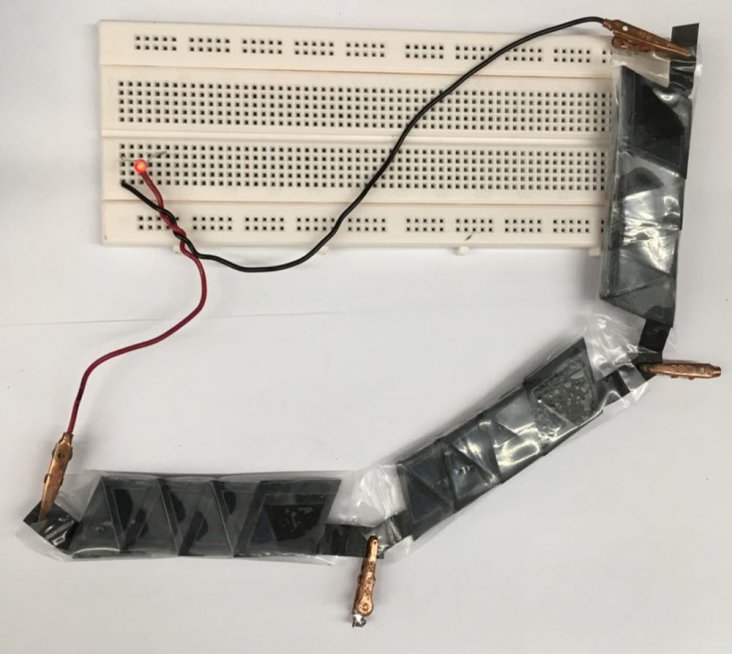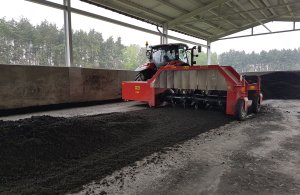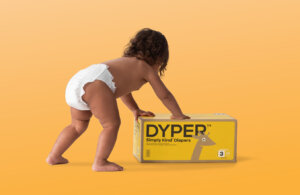A foldable, biodegradable battery based on paper and bacteria opens a new opportunity in electronics. (Credit: Seokheun Choi/Binghamton University, CC BY-ND)
It seems like every few months there’s a new cellphone, laptop or tablet that is so exciting people line up around the block to get their hands on it, as an article on Theconversation.com states correctly. While the perpetual introduction of new, slightly more advanced electronics has made businesses like Apple hugely successful, the short shelf life of these electronics is bad for the environment.
Modern electronics are filled with circuit boards on which various metals and plastics are soldered together. Some of these materials are toxic – or break down into toxic substances. There are efforts underway to boost recycling of e-waste, recovering materials that can be reused and properly disposing of the rest. But most devices end up added to the growing piles of e-waste in landfills.
Instead of adding more trash to these ever-growing piles, there is an opportunity to create electronics that are biodegradable. That’s why other researchers and I are looking to the emerging field of paper-based electronics – known as “papertronics.” They’re flexible – even foldable – sustainable, friendly to the environment and low-cost.
A group of folded batteries can power a paper-based electronic device. (Credit: Seokheun Choi/Binghamton University, CC BY-ND)
But to be truly eco-friendly, papertronics can’t use traditional batteries, which are made of metals and caustic acids, to store and discharge electricity. Recently, my chemist colleague Omowunmi Sadikand I developed a paper battery that’s recyclable and biodegradable, as well as reliable enough to actually use. The key is bacteria.











